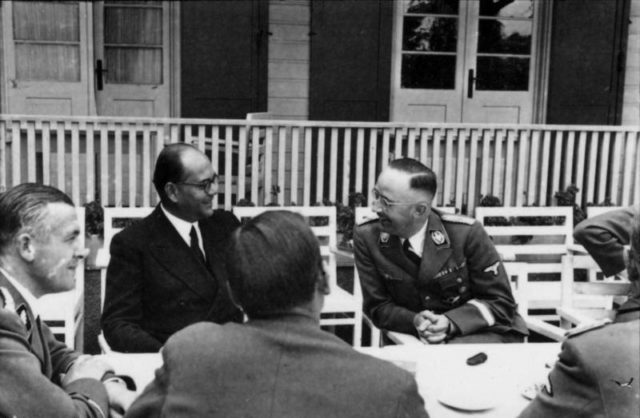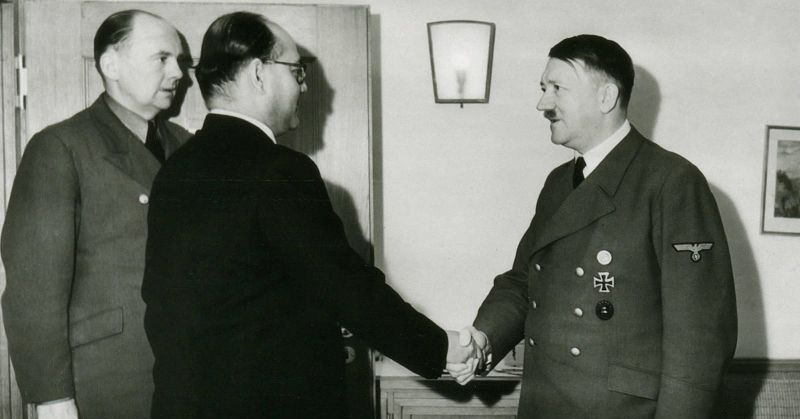In what would seem to be a strange series of coincidences, and there were many during the Second World War, the brother of Ian Fleming who created 007 agent James Bond, became the handler of a master at deception, Bhagat Ram Talwar, codenamed Silver.
Talwar’s exploits are recounted in the book Silver: The Spy Who Fooled the Nazis by author and journalist Mihir Bose. Up until recently, there has been little written about the role played by ‘colonial subjects’ and their contributions to the war effort.
Talwar, who came from the landed gentry of what was then the North West Frontier of Pakistan, was a master of deception who played off one side against the other. In five years he spied for Russia, Japan, Britain, Italy and Germany. His real loyalty, however, was with the struggle for Indian independence.
Col. Peter Fleming, then working for British military intelligence based in Delhi in the 1940’s, recruited Talwar, who called himself Rahmat Khan, as part of the deception efforts against the Axis powers by using double agents. Khan had been working in Afghanistan to counter the efforts of Germany and Italy on India’s western borders.
Talwar, supposedly working for the British, voluntarily returned to Afghanistan on foot via the Khyber Pass which then, as now, was sated with firearms. Fleming, concerned about his well-being, once appealed to him to abandon the trip because of the presence of a person who might have unmasked him. Silver went ahead, befriended the man, invited him for dinner in Kabul, then killed him with a dinner of curry mixed with tiger’s whiskers that caused internal bleeding.
The contrast between Fleming and Talwar/Silver was interesting. Fleming, educated at Eton and Oxford, was also, in addition to being a journalist, the author of highly regarded books about his adventures in remote locations. He was married to admired actress Celia Johnson and was a figure of society. Talwar had left school with a basic education and spoke only broken English.
The two got on well because of their shared love of espionage, says Bose. Silver won the deception by managing to conceal his loyalty to the Indian communist movement. He forwarded money to the organization paid to him by a number of various employers.
Talwar also completed an outstanding coup against the Raj, smuggling the sought-after nationalist leader, Subhas Chandra Bose, out of India. Originally the plan was to get him to Moscow. That failed, and Talwar got him to Berlin where he met Hitler and other officials of the Nazi regime. Bose eventually made it to Japan, put together an army from captured Indian prisoners of war to combat the British, and then died in an airplane accident.

India gained its independence after the war ended and the dividing of the sub-continent by the British before they left; the violence that ensued prompted Talwar and his Hindu family to flee the new country of Muslim Pakistan to India.
Then Silver/Khan/Talwar disappeared in 1948. Some British officials thought he had been killed while trying to flee Pakistan. A quarter-century later he suddenly re-appeared at an international seminar on Subhas Chandra Bose in Calcutta, The Independent reported.
In the book, there is a photo of him, well-dressed in a suit, with Dietrich Wizel, a senior German Abwehr agent he had sparred with and fooled in Kabul.
